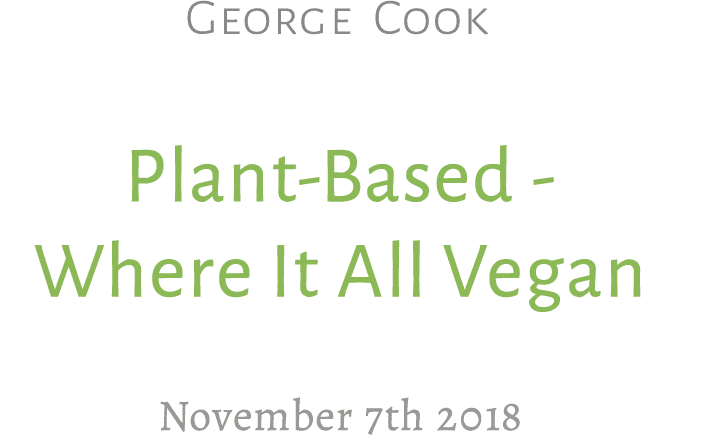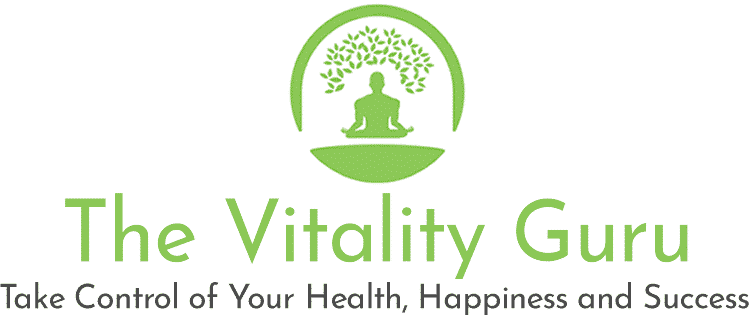



Since we first entered 2018, veganism (the lifestyle and ways of living vegan) absolutely skyrocketed. Prior to this time, too many people, it was seen as nothing more than a ridiculous and melodramatic hippy trend that many believed was just a load of nonsense.
Not many people realise but the term ‘Vegan’ has been around since 1944 where members of the Vegetarian Society decided some of their newsletter to be devoted to non-dairy vegetarianism. We now have top supermarket chains all around the world endorsing whole ranges of ‘free from’ foods, whether that be free from milk, gluten, wheat, egg or soy, whatever you wish to avoid in your diet, there are options available.
Veganism for most is much more than just a diet but a philosophy and way of life. Most (although not all) plant-based dieters do not seek pride in our ways but we wish to share with everyone the true benefits. Whether that means the almost constant elongated elevation of mood, the superior energy levels, the beaming energy of vitality we receive or the fact we accidentally treated, reversed or even cured some forms of disease or disorder within our body we thought was not possible, or maybe even something we never even knew was causing us suffering until it was alleviated.
If you don’t start a vegan diet on the basis of helping out animals, most usually do so to help their personal health. No matter what your original reason, the benefits to you and everyone around you are equal. Vegans themselves have naturally become health conscious (aware of their state of health).
“Whether that means the almost constant elongated elevation of mood, the superior energy levels, the beaming energy of vitality we receive or the fact we accidentally treated, reversed or even cured some forms of disease or disorder within our body”
What Does Vegan Mean?
The term ‘vegan’ denotes more to the idea of living a life in a way that is as sustainable as one can be with the utmost respect for the planet. Realising that it has blessed us all with everything we have and will ever have. That means living in a way that you do what you can not to take from another part of the planet that we cannot sustain, as well as to avoid harming or causing suffering to any other animal or human or the planet as far as possible for an individual’s own desires.
This includes not consuming any animal products such as meat, eggs, dairy or any other animal-derived produce where ever you can, avoiding the purchase of a product that was unethically created via the exploitation of another human, animal or in any other way harmful to the planet or environment whether from production to consumption causing the dietary side of veganism to be synonymous with the term ‘plant-based’.
When Did 'Plant-Based' Diets Come About?
Plant-based nutrition has been a way of life for many cultures for centuries. Although there is little information on whether humans were ever solely herbivores, there is a lot of evidence pointing towards the fact we may very well have been but that’s a topic for another day.
Outside of western culture, plant-rich nutrition has been a long-term tradition for many parts of the world. Tropical places such as the Caribbean are well known for their exotic fruit loving as are parts of Africa. Parts of Asia such as China and Japan have always had the vast majority of their food sources from plant origin and have many staple means being ‘accidentally vegan’ so to speak. It’s only within the more recent years has carnivorous diets been as prominent as they are but then meat was also a luxury food for many not so many years ago and has only recently come to drop so dramatically in price due to extremely low level, mass-produced products flooding every supermarket and store you can name.

